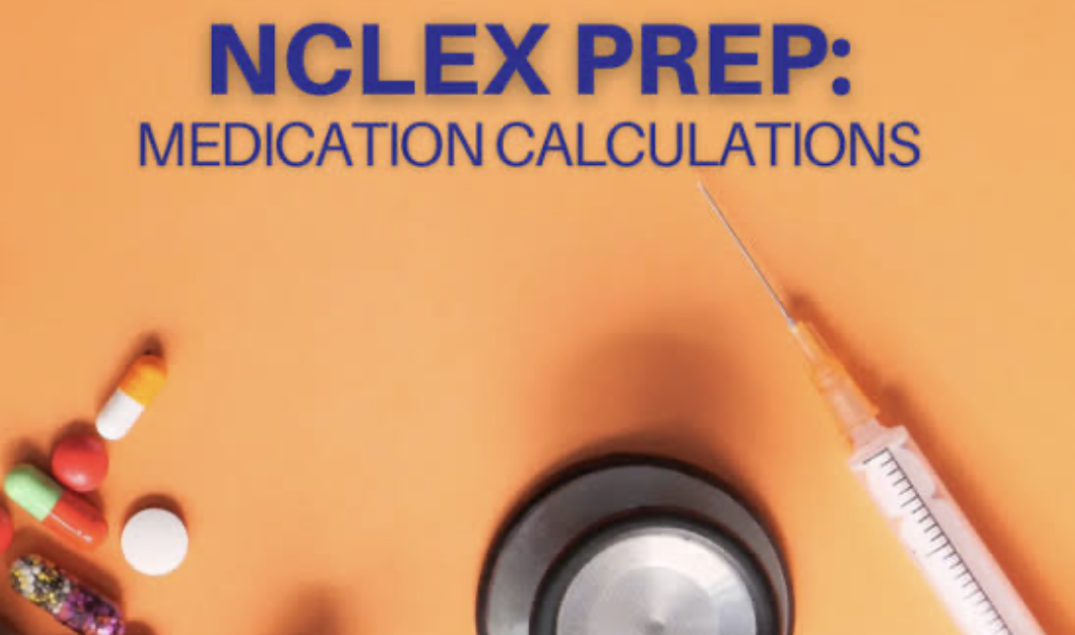FAMILY-CENTERED CARE IN PEDIATRICS: HOW IT IMPACTS NCLEX QUESTIONS
Introduction: Family-centered care (FCC) is a cornerstone of pediatric nursing, emphasizing collaboration between healthcare providers, patients, and their families. This approach recognizes the vital role families play in a child’s health and well-being. For nursing students preparing for the NCLEX exam, understanding FCC is essential, as it frequently appears in various test questions. This blog will explore the principles of family-centered care, its impact on pediatric nursing, and how it influences NCLEX questions. 1. Principles of Family-Centered Care: At its core, family-centered care is built upon four key principles: • Partnership: Encouraging collaboration between families and healthcare professionals in decision-making …
NUTRITIONAL NEEDS ACROSS PEDIATRIC AGE GROUPS: NCLEX STUDY GUIDE
Introduction Pediatric nutrition is a crucial aspect of child development, influencing growth, immunity, cognitive function, and overall health. However, nutritional needs change dramatically as children grow from infancy to adolescence. Understanding these differences is essential for nurses preparing for the NCLEX, as questions on pediatric nutrition often appear on the exam. This guide will break down the key nutritional needs for different pediatric age groups and provide practical strategies for ensuring adequate intake. By the end, you’ll feel more confident answering NCLEX questions about pediatric nutrition—and maybe even impress a few parents along the way. 1. Nutritional Needs in Infants …
PEDIATRIC MEDICATION DOSAGE CALCULATIONS: SIMPLIFYING COMPLEX MATH FOR NCLEX SUCCESS
Introduction: Calculating medication dosages for pediatric patients can feel like trying to solve a complex puzzle, especially when preparing for the NCLEX exam. However, with a clear understanding of the principles and a bit of practice, you can master this essential skill. This guide aims to simplify pediatric medication dosage calculations, making them more approachable and ensuring NCLEX success. 1. Understanding the Basics: Children are not just “small adults”; their bodies process medications differently. Therefore, dosages often depend on weight (in kilograms) or body surface area (BSA). The primary methods include: • Weight-Based Dosing: Most pediatric dosages are calculated using …
FLUID AND ELECTROLYTE IMBALANCES IN CHILDREN: NCLEX ESSENTIALS
Introduction: Children are not just small adults; their bodies have unique physiological differences that make them more susceptible to fluid and electrolyte imbalances. Rapid growth, higher metabolic rates, and a greater proportion of body water contribute to this vulnerability. For nursing professionals, especially those preparing for the NCLEX, understanding these nuances is crucial. This blog delves into the essentials of pediatric fluid and electrolyte imbalances, offering insights and practical knowledge to ensure optimal care for our youngest patients. 1. Why Are Children More Prone to Fluid and Electrolyte Imbalances? Children’s bodies are like high-speed trains—everything moves faster. Their higher metabolic …







